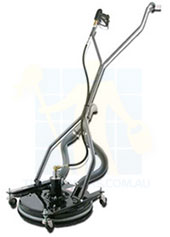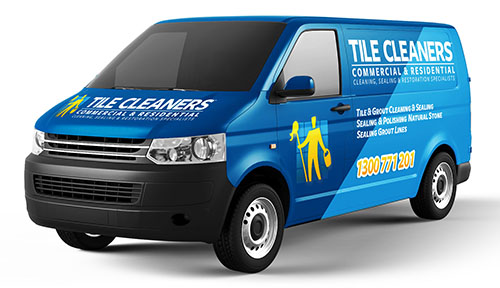huge range of tiles and surfaces in all locations including:
Frequently Asked Questions
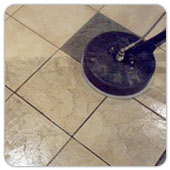
Cleaning Tile & Grout combines specialised industrial equipment and heavy duty cleaning products. By applying specially developed cleaning solutions together with high pressure van mounted cleaning equipment, we are able to thoroughly clean your tile & grout to the highest standards .
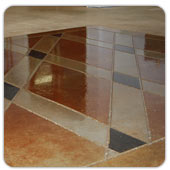
All Porous tiles should be sealed. Sealing your tiles helps prevent & reduce staining by keeping most stains suspended at the surface. Sealing creates a barrier that provides protection against chemical attack, deterioration and contamination. Sealing is the first important step towards protecting your investment against stains.
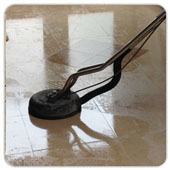
No matter where your tiles are, Tile Cleaners® will strip, clean and professionally reseal them for you. In your kitchen, shower, bathroom, around the swimming pool, your backyard, outdoors or any hard to reach indoor areas.
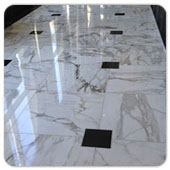
Polishing is achieved by operating very fine grade abrasive diamond disc polishing machines at various speeds until a reflective finish is achieved. These final grades reduce and remove scratches which are not even visible to the human eye allowing the natural crystals on the stones surface to reflect light more effectively. Highly polished floors have much smaller pores to collect soil, dirt and grime ensuring maintenance is made a lot easier.
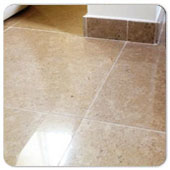
Honed surfaces have a more satin-feel, smooth and velvety to the touch often more suited to casual, comfortable environments than more formal polished surfaces. Honing your floors is a fantastic way to virtually eliminate taxing maintenance requirements while still having the wonderful characteristic of beautiful stone surfaces in your home or business.
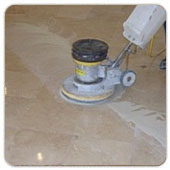
Grinding will smooth out imperfections and open a new layer upon which it is possible to build a high quality honed or polished finish. Grinding will remove deep scratches, stains and other contaminations, resulting in a very smooth and even surface. Grinding will also remove any lippage, the term used for uneven tiles which can occur after a typical installation.
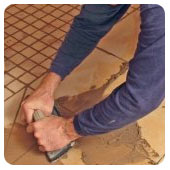
Do you have cracked tiles, chipped tiles, loose tiles or discoloured tiles in your walls, floors, stairs or around the swimming pool? Do you have spare tiles left over from installation? Tile Cleaners® have professional & experienced tilers in our team that can assist you with repairing your indoor & outdoor tiles and replacing the broken/damaged tiles .
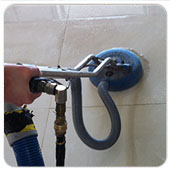
Our Tile Restoration service will bring back your tiles & grout to its best possible condition, and protect them for years to come.
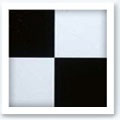
Originally ceramic tiles were handmade, thus each was a work of art in its own right. Ceramic tiles were used almost everywhere - on floors, walls, ceilings, fireplaces, in murals, and as an exterior cladding on buildings.
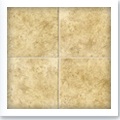
Porcelain, one of the worlds most popular types of flooring is a highly durable and stain resistant product which receives its name from the Italian word "Porcellana" (cowrie shell) because of its resemblance to the translucent surface of the shell.
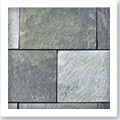
Slate is a very dense, but soft and easily scratched material which can be used effectively outdoors as well as indoors. Slate is a foliated metamorphic rock derived from shale and consisting mainly of grains of mica and quartz. Most slate is grey to black, but the rock may be red or purple, depending on its mineral content.
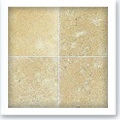
Limestone is a sedimentary rock which is formed at the bottom of the ocean. It consists wholly or mainly of calcium carbonate. In its pure state it is white but it may be coloured by other materials.
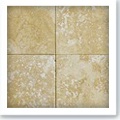
Travertine flooring is a very stylish material that is functional and aesthetically attractive while bringing a very appealing, old-world character to any home or business.
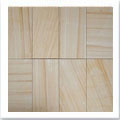
Sandstone is a sedimentary rock composed of sand-sized minerals or rock grains. Most sandstone is composed of quartz and/or feldspar, one of the most common minerals in the Earth's crust as well as calcite, gypsum or various iron compounds.
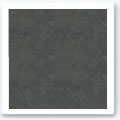
The name "bluestone" is not a geological term and does not fall within any distinct category such as igneous, sedimentary or metamorphic. The name "bluestone" represents different rock types, so for example bluestone found in the UK can be different stone altogether when compared with the 2 prominent varieties of bluestone found in Australia.
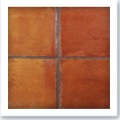
Terracotta is a ceramic material that has been used for building construction and decorative arts since ancient times in different cultures around the world.
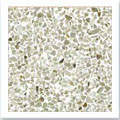
Terrazzo is a unique and elegant composite material; available in a wide range of styles offering a high degree of design flexibility. Terrazzo is pre-cast or poured into shape and has the ability to attain a very high polish, leaving a very smooth and lustrous shine.
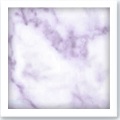
Marble is known as a non-foliated metamorphic rock, meaning it does not appear to have any layering, and has transformed from another material through heat, pressure and time. Marble ranges from between 1 and 4 on the Mohs scale, which determines material hardness, diamond has a rating of 10.
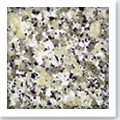
Granite is molten lava that never rose above the surface of the earth. Granite is a very hard natural stone denser than marble. A geologist will tell you that it is an igneous or metamorphic rock that is highly saturated with silica.
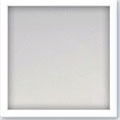
Vinyl & Lino are varieties of plastic floor covering often found in areas with high levels of foot traffic such as shopping centres, nursing homes, kitchens & laundries, just to name a few. Vinyl is a great choice as it is durable and an easy surface to maintain.
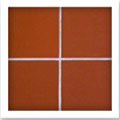
Quarry tile is made of clay and usually has a rougher finish than most pressed out ceramic tiles. You can usually spot a quarry tile from the small roller grooves on the back of the tiles where they were extruded out of the machine(think giant pasta machine).
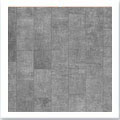
Concrete, the most widely used construction material has transformed from being considered a less than attractive flooring option used in warehouses or industrial areas, to a widely used, highly polished material that is attractive, versatile and at the same time a great sustainable flooring option.
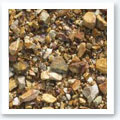
Donnybrook Stone is a versatile and durable sandstone originating near the town of Donnybrook in Western Australia. Donnybrook Stone is available in colour variations ranging from white to beige to deep pink.
We provide specialised cleaning, stripping & sealing solutions for all tiled floor & wall sufaces.
Our equipment can handle both domestic and commercial cleaning jobs, leaving your floors spotless and hygienic.
To schedule your appointment or to obtain a free estimate, please Call 1300 771 201 or use our online enquiry form.
Client Range
huge range of tiles and surfaces in all locations including:
Related Links
- Our Services
- Types of Tiles
- Types Of Stone Tiles
- Tile Cleaners
- Tile Sealers
- Tile Restoration
- Grout Cleaning
- Grout Cleaner
- Bathroom Tile Cleaning
- Bathroom Grout Cleaning
- Stone Tile Cleaning
- Quarry Cleaning
- Stone Sealing
- Sandstone Cleaning
- Sandstone Restoration
- Bluestone Cleaning
- Bluestone Sealing
- Bluestone Stripping & Sealing
- Bluestone Restoration
- Bluestone Grinding
- Bluestone Specialists
- Slate Cleaning & Sealing
- Slate Stripping & Sealing
- Outdoor Tile Cleaning
- Outdoor Tile Sealing
- Wood Waxing
- Commercial Tile Cleaning
- Stone Stain Removal
- Grout Colour Sealing
- Pressure Cleaning
- Natural Stone Restoration
- Tile & Grout Cleaners
- Anti Slip Coating
- Cleaning Efflorescence Off Floors
- How to Remove Solvent Sealer From Tile




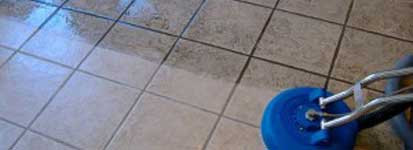
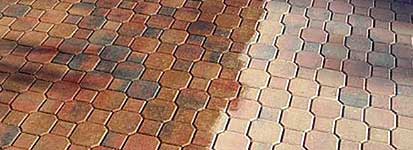
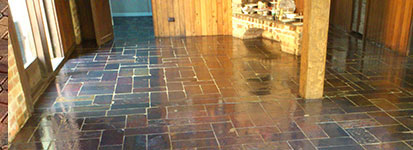
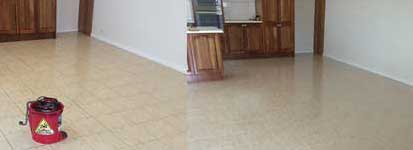
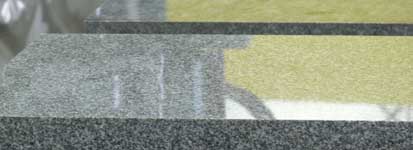
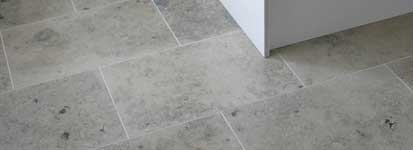
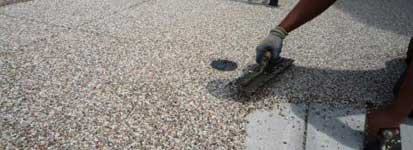
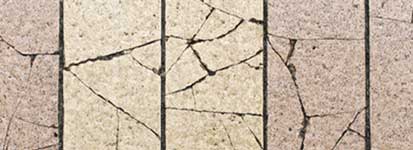
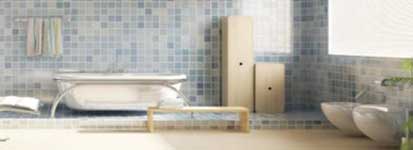

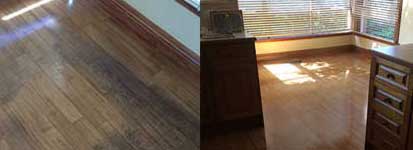
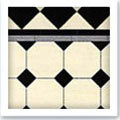
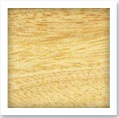
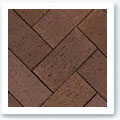
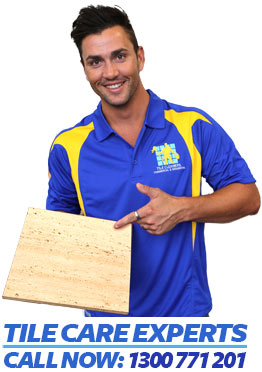



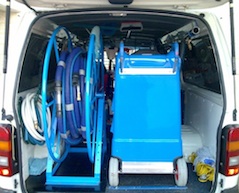
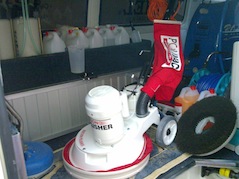
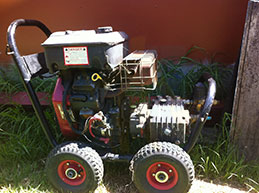
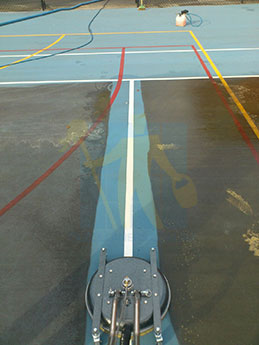


 Availability for emergency
Availability for emergency
